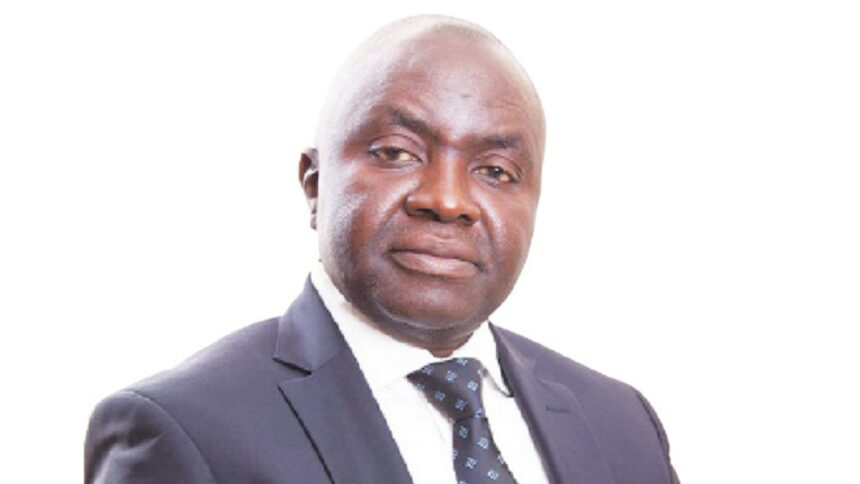… recommends full PIA implementation, transparent licensing, infrastructure investment to drive growth
Oredola Adeola
Nigeria can restore investor confidence, boost production, diversify revenue, and create millions of jobs in the oil and gas sector by adopting a clear digital roadmap, offering pragmatic incentives, and strengthening cybersecurity and data governance, according to Dr. Muda Yusuf, Director/CEO of the Centre for the Promotion of Private Enterprise (CPPE).
Dr. Yusuf made this known in his address at the 2025 Annual Public Lecture/Symposium of the Nigeria Union of Journalists (NUJ), held at the NAN Chapel on Thursday at the NPA Sports Centre, Lagos.
He noted that these measures are not just policy options, but essential tools required to unlock sustainable investment, deliver better outcomes for citizens, and position Nigeria’s oil and gas sector for long-term growth.
The CPPE Director, however, cautioned that despite the reform milestones recorded under President Bola Tinubu, the sector still faces critical obstacles.
He said, “These include uneven implementation of the Petroleum Industry Act (PIA) of 2021, billions of dollars in annual losses to militant activity and community unrest, aging infrastructure, falling reserve replacement ratios, and the maturity of key assets that threaten future production.”
Speaking further, Dr. Yusuf stressed that digitalization is no longer optional in the global energy landscape but has become a prerequisite for competitiveness and investment attraction.
“Nigeria’s oil and gas sector suffers from infrastructure deficits, opaque contract management, slow regulatory approvals, poor asset data quality, and governance concerns,” he said.
According to him, global capital providers now demand robust digital systems and transparent ESG reporting as preconditions for financing.
He explained that digitalized contracts and permitting processes can shorten approval times and reduce unpredictability, while real-time production and reserve surveillance would provide verifiable data that accelerates due diligence and supports fairer asset valuations.
He urged the Tinubu administration to prioritize structural enablers for the sector by expanding broadband and reliable power supply in production zones, while also building local capacity in IT/OT convergence through targeted training and strategic partnerships.
The CPPE Director/CEO further emphasized the need to harmonize regulatory requirements and develop interoperable data systems to boost efficiency and transparency.
He also proposed financing support and tax incentives to enable smaller service firms to adopt digital tools.
Dr. Yusuf called for the establishment of strict cybersecurity standards, mandatory audits, and robust incident response frameworks to safeguard sector operations.
On the policy front, Dr. Yusuf stressed the importance of fully implementing the Petroleum Industry Act (PIA), particularly the harmonization of taxes and levies across all tiers of government to reduce the cost of doing business.
He added that transparent and competitive licensing rounds must become the norm, while fiscal incentives should be structured to encourage enhanced oil recovery, gas commercialization, and frontier exploration.
According to him, investment in gas gathering, processing, and transportation infrastructure is critical to driving industrialization and expanding power generation.
Dr. Yusuf further recommended that Nigeria complete and operationalize its refinery projects using sustainable public-private models, while also developing a clear energy transition roadmap.
This, according to him, should include investments in renewables, carbon capture, and cleaner technologies to position Nigeria as a competitive player in the global decarbonizing economy rather than a laggard.




